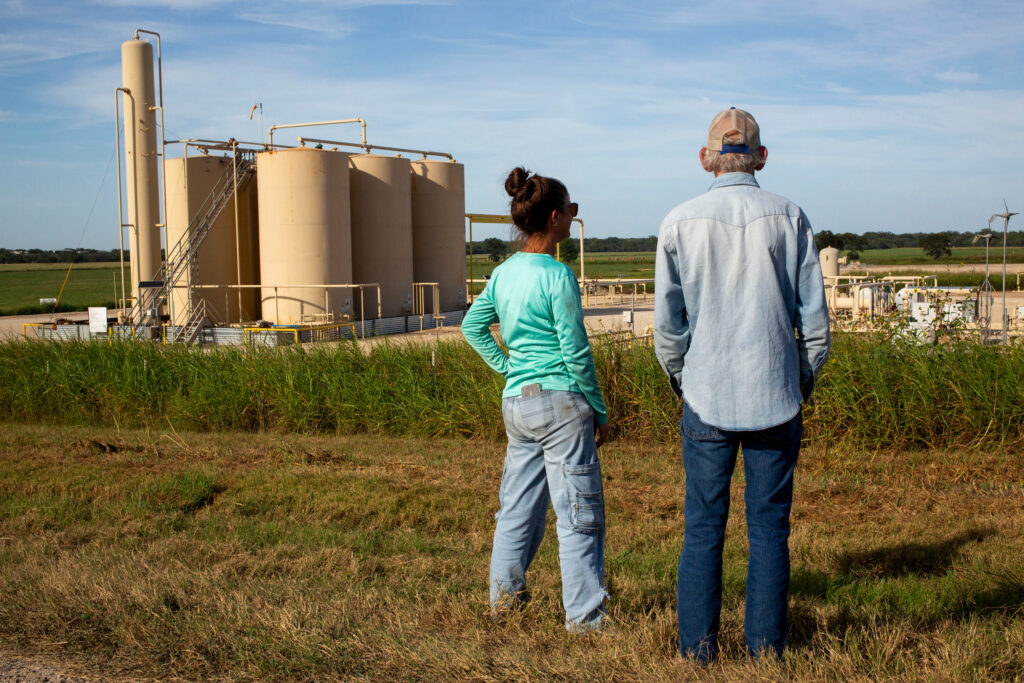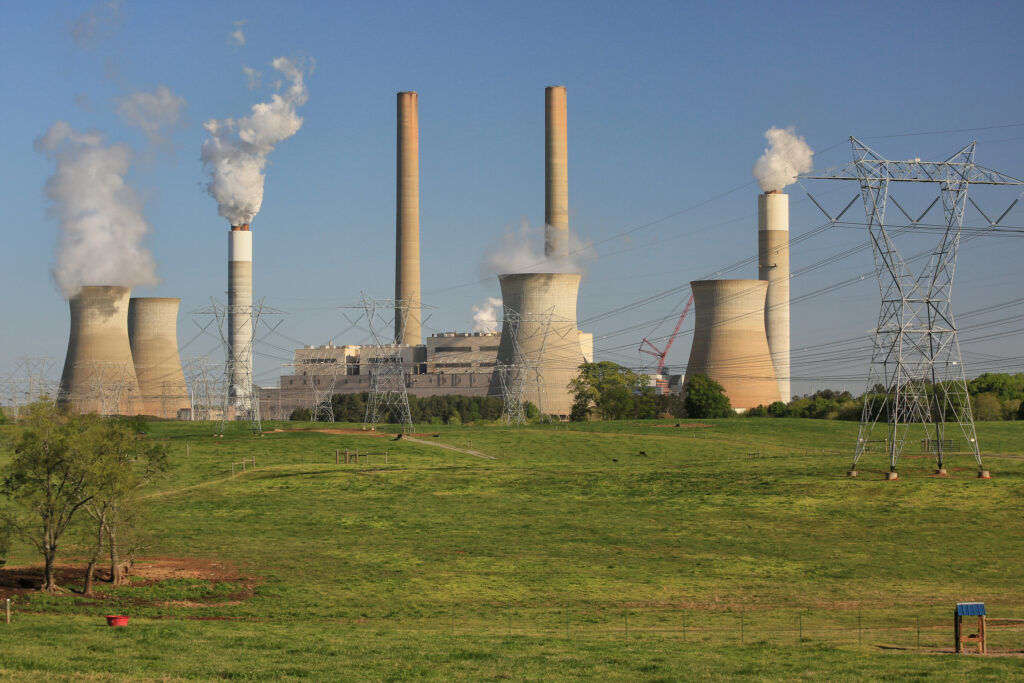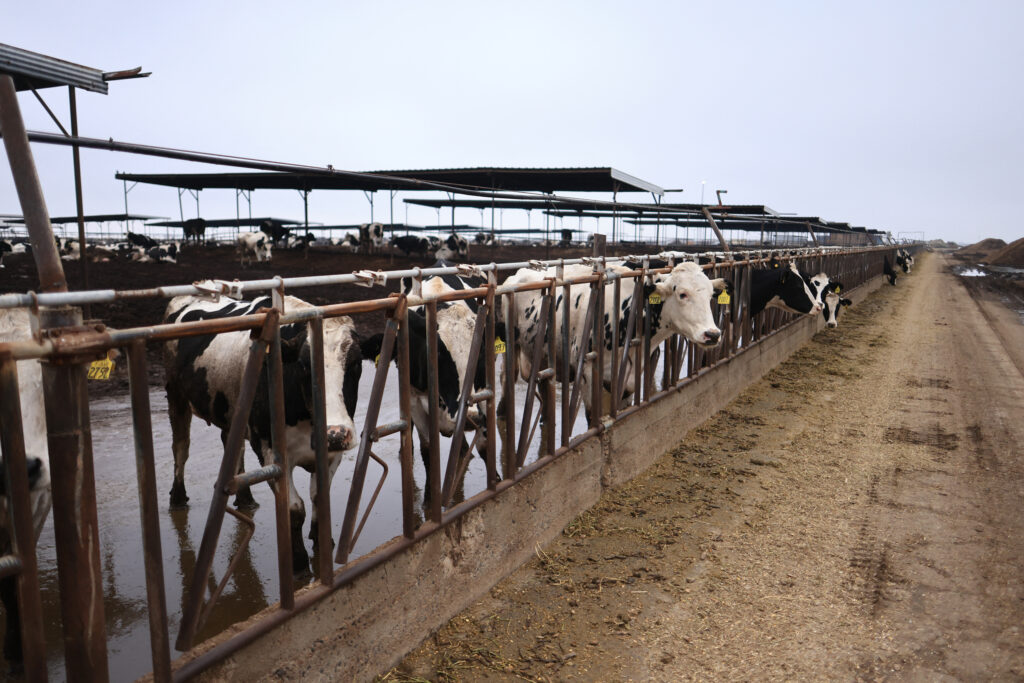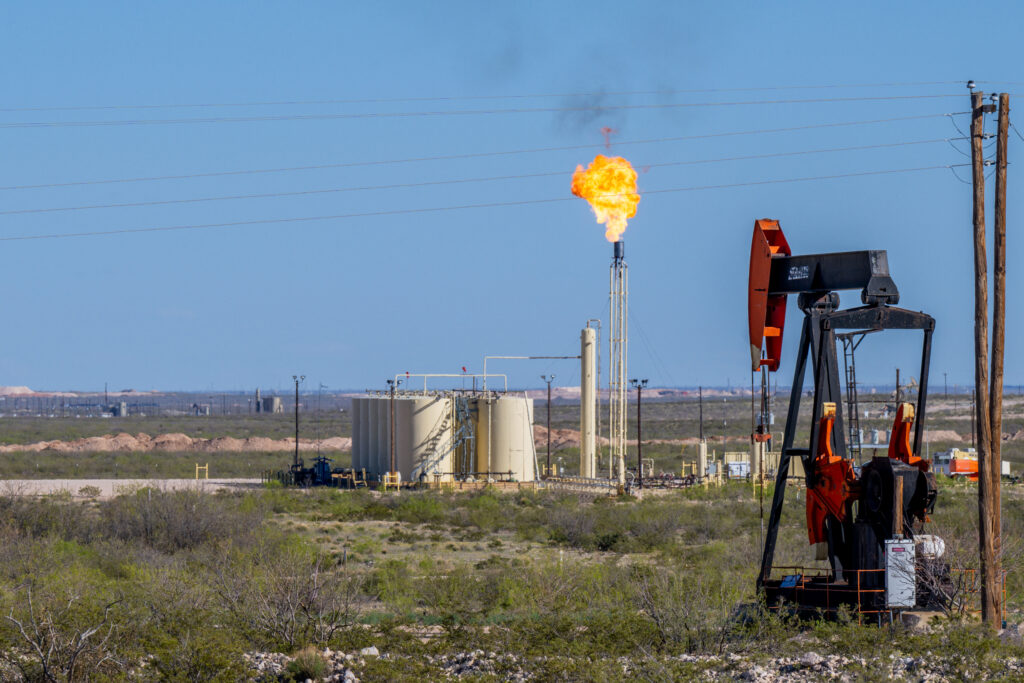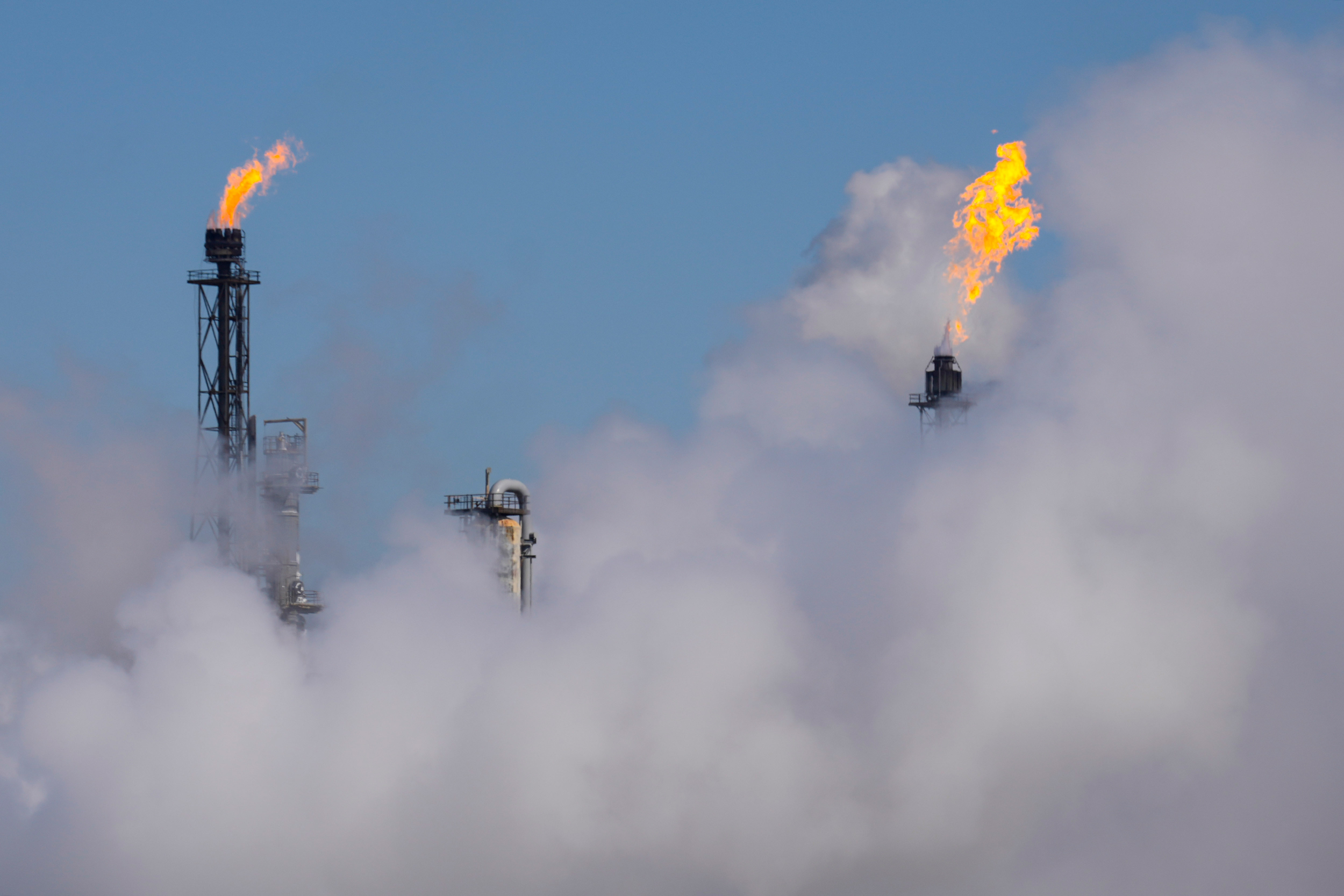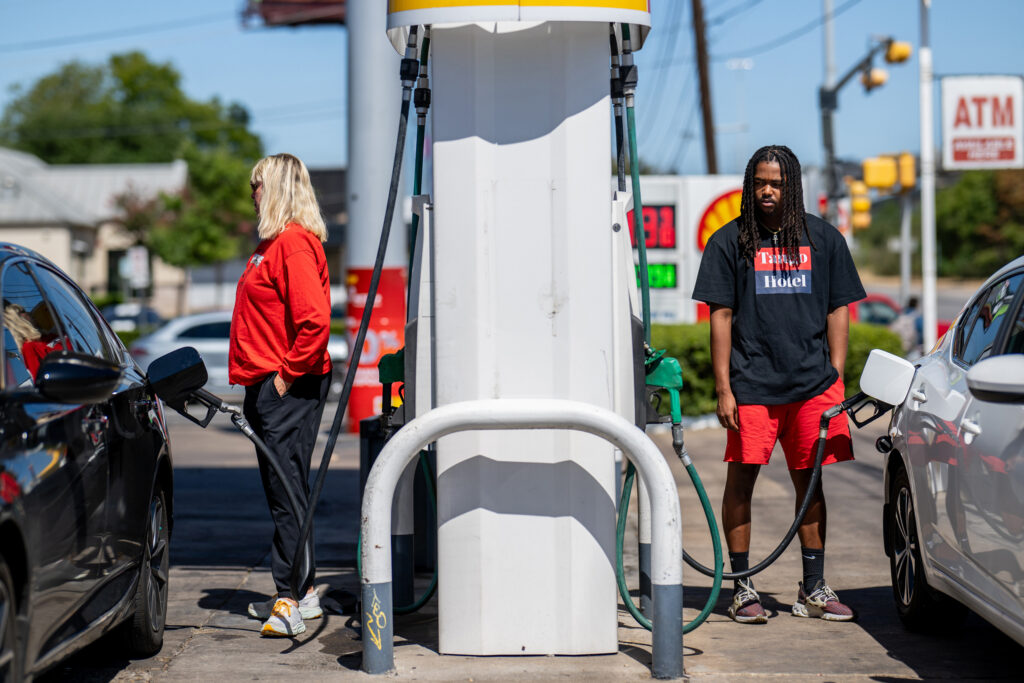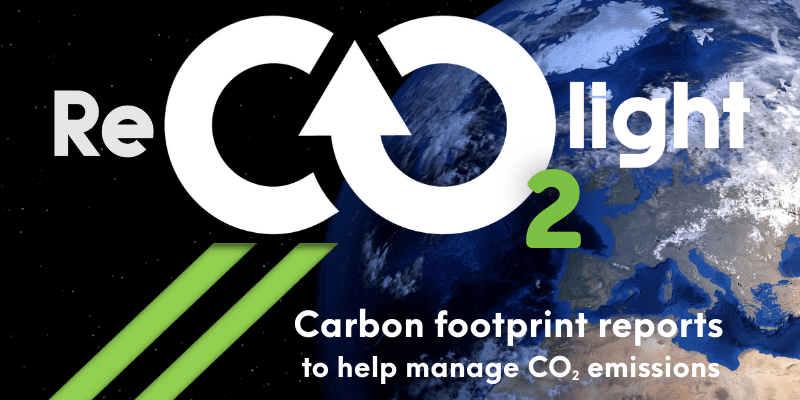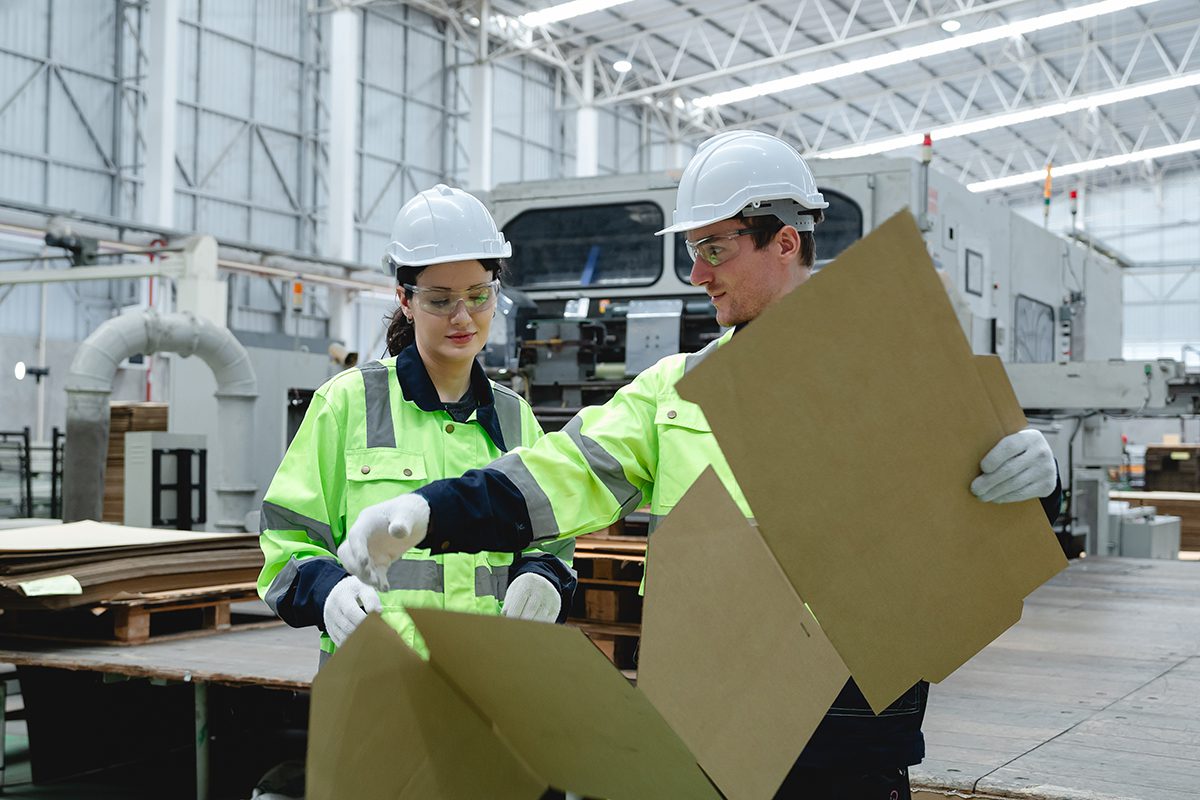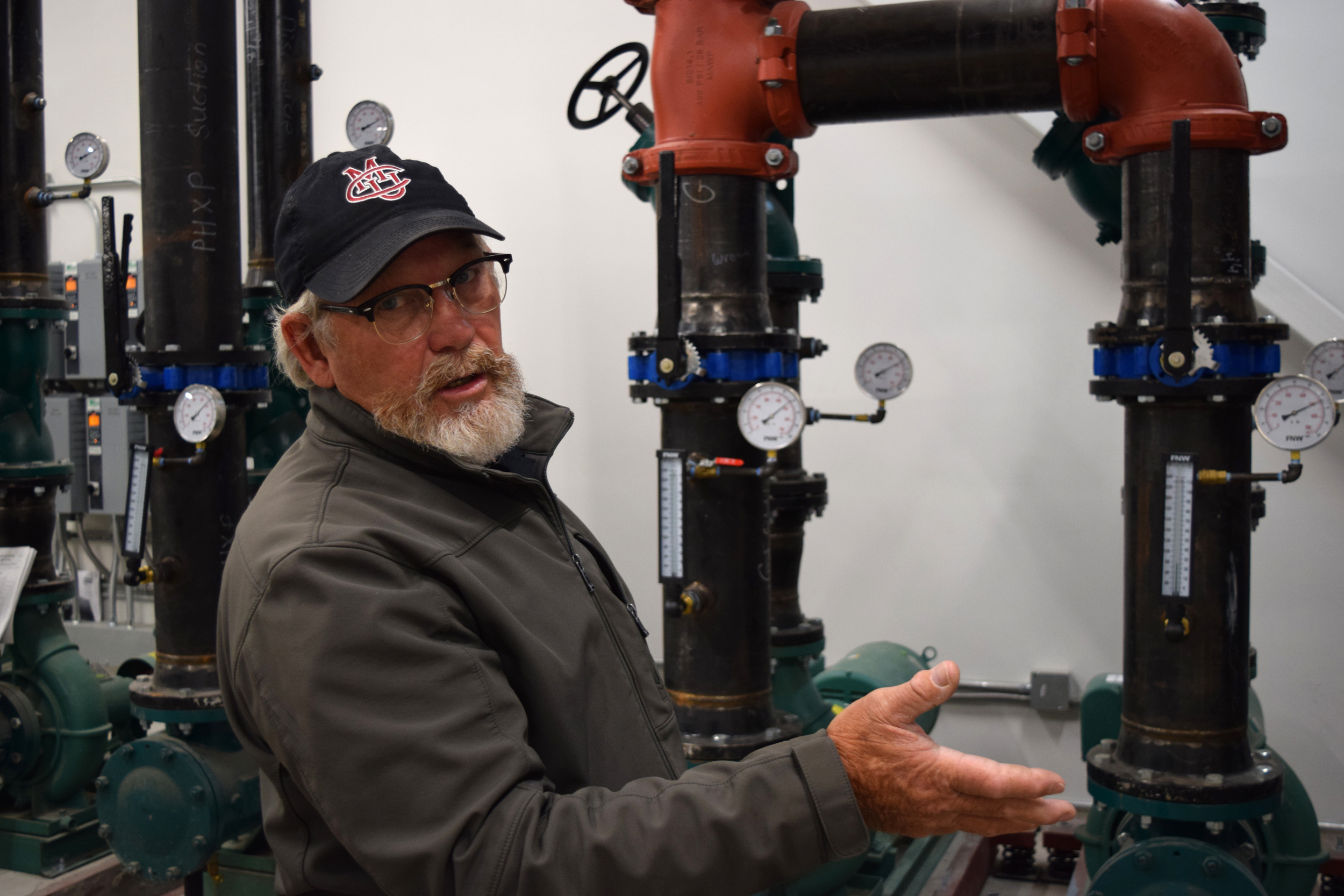Pennsylvania’s candidates for U.S. Senate, Democrat incumbent Bob Casey and Republican challenger Dave McCormick, have sparred over energy policy since the campaign began. In his ads, McCormick has sought to paint Casey as anti-fossil fuel and to tie Casey to Vice President Kamala Harris’ old comments against fracking. Casey has maintained his support for fracking and an “all of the above” energy strategy that includes both fossil fuels and clean energy investments, like those made possible by the Biden administration’s Inflation Reduction Act.
On Oct. 3, the candidates in this key swing state will meet for their first debate in Harrisburg. Here are seven tough questions on climate change, energy and the environment that the debate moderators should ask them.
Explore the latest news about what’s at stake for the climate during this election season.
For Sen. Bob Casey
- Do you believe fracking in Pennsylvania is currently being adequately regulated and monitored? If not, what should the government be doing differently to protect Pennsylvanians’ health and the environment?
Casey has said that he supports “responsible fracking” that is “regulated and closely monitored to protect our communities.” Environmentalists, public health experts and some residents who live near fracking wells in Pennsylvania argue that fracking is not being regulated in a way that keeps people safe from water contamination, air pollution, toxic waste and adverse health effects like asthma, cancer and respiratory symptoms. A number of recent studies on fracking, including studies commissioned by the state Department of Health and the University of Pittsburgh, support this conclusion.
- How would you address the concerns of climate activists and residents of environmental justice areas in Pennsylvania whose communities may become the future sites of two Department of Energy-funded hydrogen hubs? What should count as “clean” hydrogen and what should not?
Casey supported two proposals to build hydrogen hubs in Pennsylvania, MACH2 and ARCH2, saying that hydrogen will be a “potent energy source that can power American manufacturing, transportation, and heavy industries sustainably into the future.” Both proposals have been criticized by local activists and community members, who worry about the impact on the environment and climate and who feel sidelined in the planning process.
Environmentalists in western Pennsylvania are particularly concerned about the ARCH2 proposal, which would use fracked gas to make hydrogen and is backed by CNX Resources, a fracking company.


- Like Gov. Josh Shapiro, you’ve embraced an “all of the above” energy policy platform that encourages investment in renewable energy but doesn’t offer plans to decrease fossil fuel extraction in Pennsylvania. But you’ve also spoken about the “devastating impacts” of the climate crisis and said we need to “invest in meaningful climate action now.” Given the direct impact that fossil fuel extraction has on greenhouse gas emissions, how do you reconcile these positions? How have you supported “meaningful climate action” in your three terms as senator?
Casey voted against a fracking ban in 2021 and criticized President Joe Biden for his pause on new liquified natural gas exports, saying he was “concerned” about how the pause would affect Pennsylvania’s natural gas industry. Pennsylvania’s annual natural gas production is 43 times higher today than it was when Casey was first elected to the Senate almost 20 years ago, according to federal figures.
For Dave McCormick
- Is there any threshold of global warming at which you would change your mind about the need to increase fossil fuel extraction?
McCormick has acknowledged that climate change is happening and that it’s caused by human activity, but he’s also advocated for “unleashing” oil and gas production in the U.S.
Since fossil fuel extraction is directly linked to climate change, increasing oil and gas production will only worsen the risks of global warming for Pennsylvanians. Unless fossil fuels are phased out, the world is on track to surpass the 1.5 degrees Celsius of warming that was agreed upon at the Paris Accords in 2016. Scientists warn that further warming could have catastrophic consequences for our health, economies and everyday lives.


- What is your plan to help Pennsylvania adapt to a changing and increasingly damaging climate, and who will pay for it?
McCormick has spoken about the need for a plan to “manage” the reality of climate change through adaptation. Extreme weather events like flooding and heat waves are already making life more difficult for Pennsylvanians and costing local and municipal governments money, and these events are likely to increase in frequency in the future. There are estimates that climate adaptation could cost Pennsylvania up to $15 billion by 2040.
- Your wife, Dina Powell McCormick, sits on the board of the fossil fuel company ExxonMobil. How does her role affect your decisions and perspective on energy policy in the United States and abroad?
For Both
- How will you position Pennsylvania to become competitive in the clean energy economy of the future?
When it comes to the clean energy economy, Pennsylvania is far behind other states. It ranks 45th out of 50 for electricity generation from renewable energy and dead last for growth in renewable energy generation from wind, solar and geothermal over the past 10 years, according to a report from PennEnvironment. Across six metrics for clean energy growth, Pennsylvania only ranked in the top 10 for one: electric vehicle sales.
About This Story
Perhaps you noticed: This story, like all the news we publish, is free to read. That’s because Inside Climate News is a 501c3 nonprofit organization. We do not charge a subscription fee, lock our news behind a paywall, or clutter our website with ads. We make our news on climate and the environment freely available to you and anyone who wants it.
That’s not all. We also share our news for free with scores of other media organizations around the country. Many of them can’t afford to do environmental journalism of their own. We’ve built bureaus from coast to coast to report local stories, collaborate with local newsrooms and co-publish articles so that this vital work is shared as widely as possible.
Two of us launched ICN in 2007. Six years later we earned a Pulitzer Prize for National Reporting, and now we run the oldest and largest dedicated climate newsroom in the nation. We tell the story in all its complexity. We hold polluters accountable. We expose environmental injustice. We debunk misinformation. We scrutinize solutions and inspire action.
Donations from readers like you fund every aspect of what we do. If you don’t already, will you support our ongoing work, our reporting on the biggest crisis facing our planet, and help us reach even more readers in more places?
Please take a moment to make a tax-deductible donation. Every one of them makes a difference.
Thank you,





